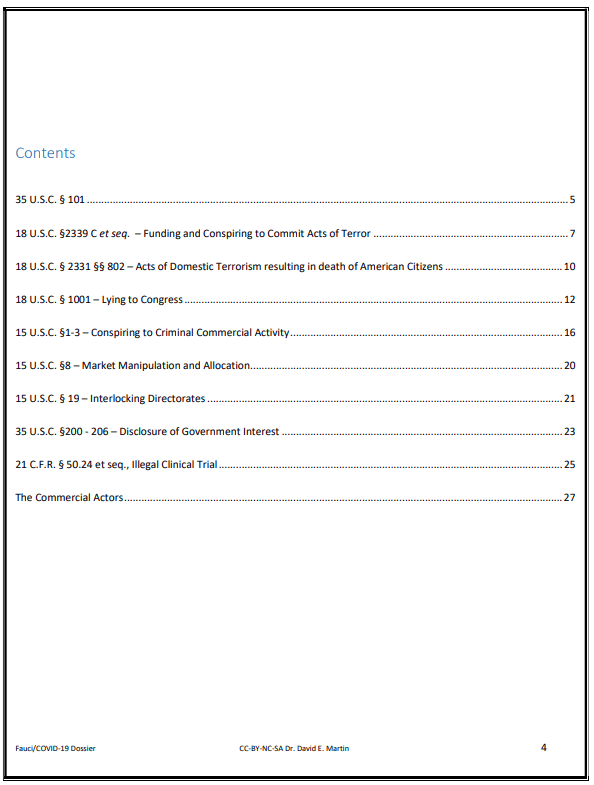

The near-term goal should be to reduce infections and deaths enough that ordinary life can resume, he said. and other nations have stamped out diseases like polio, measles, and yellow fever inside their borders, neither goal seems realistic for COVID, Fauci said. Though the world eradicated smallpox, and the U.S. Vaccines - whose rapid development Fauci termed “truly unprecedented” - have saved countless lives, with the unvaccinated facing nearly nine times the risk of testing positive, 11 times the risk of hospitalization, and 14 times the risk of dying compared with the vaccinated.

The virus is tough to control, Fauci said, because a third of those infected have no symptoms and 60 percent of infections come from someone symptom-free. has been one of the world’s hardest-hit nations, with 50 million cases and nearly 800,000 deaths. Kay Family Professor of Public Health and Clinical Epidemiology.įauci reviewed important findings since early 2020, a period that has seen more than 270 million coronavirus cases globally and more than 5 million deaths, a figure he said is likely a “gross underestimate.” The U.S. He was introduced by Albert Hofman, chair of the department and the Stephen B. Chan School of Public Health’s Department of Epidemiology. The physician and researcher was delivering the 173rd Cutter Lecture on Preventive Medicine, an annual event sponsored by the Harvard T.H. “We feel you’re going to get reasonably good protection with a third-dose boost with Omicron,” Fauci said. Those results, he added, were key in the federal government’s decision to expand booster guidelines to include younger people. Within a month of a booster shot, however, antibody protection had significantly improved.

Lab tests show a significant decrease in vaccine-derived antibodies’ ability to control Omicron, Fauci said.

Still, the risk of breakthrough infections - reinfections or infections among the vaccinated - seems to be about three times higher with Omicron than with Delta. Data from the UK, Fauci said, is “very strongly suggestive of less severity compared to Delta.” South Africa and the UK are seeing fewer hospitalizations for the same number of cases, shorter hospital stays, and less need for supplemental oxygen. The good news, he said, is that evidence is building that Omicron infections are less severe. It’s likely only a matter of time, he added, before the new variant dominates U.S. Delta is reported to have a doubling time of between 11 days and two weeks, he said, compared with every three days for Omicron. We’re seeing that clearly in South Africa, when if you look at early November, something very unusual happens at the end of November, beginning of December, which is an almost vertical spike in the number of new cases, which, when sequenced, were almost all Omicron.”įauci, director of the National Institute of Allergy and Infectious Diseases and chief medical adviser to President Biden, delivered an overview of the Omicron variant, saying that recent data suggests that it spreads more easily than the Delta variant, which has dominated the pandemic landscape since summer. “First of all, it appears that Omicron has a transmission advantage over Delta. “What do we know, as of literally yesterday?” Fauci said. On Friday, Anthony Fauci, the nation’s most prominent pandemic expert, offered Harvard students and faculty something much more immediate. It’s typical for an academic lecture to borrow from years- or decades-old data.


 0 kommentar(er)
0 kommentar(er)
